Tesco, the British owned grocer and general merchandise retailer, based out of the United Kingdom has banned plastic bags in replacement of alternatives that are better for the environment. In addition, they have incorporated a new way to utilize recycled plastic shopping bags into the binding material used to resurface parking lots. This new method saves plastic from going to the landfill and adds it to the asphalt mix which in turn creates a stronger, longer-lasting, pothole free road surface and altogether reduces carbon footprint.
What if the plastic we dispose of…could be turned into roads? Watch this short video at the end of the article!
Very cool initiative to reuse plastic bags to incorporate into the binding materials used to resurface parking lots. This method uses waste plastics to add into an asphalt mix to create a stronger, longer lasting, pothole free road. The secret lies in the mixture of the plastic pellets. Normally roads comprise of around 90% rocks, limestone, sand and up to 10% bitumen to bind it. Bitumen is extracted from crude oil. The pellets replace a significant part of the bitumen. These pellets can be made from household waste as well as commercial waste most of which is destined for the landfill. The waste plastic is processed into millions of pellets at an asphalt plant. The company that invented this method advises that the roads are cheaper and last longer than using the traditional material composed of crude oil.

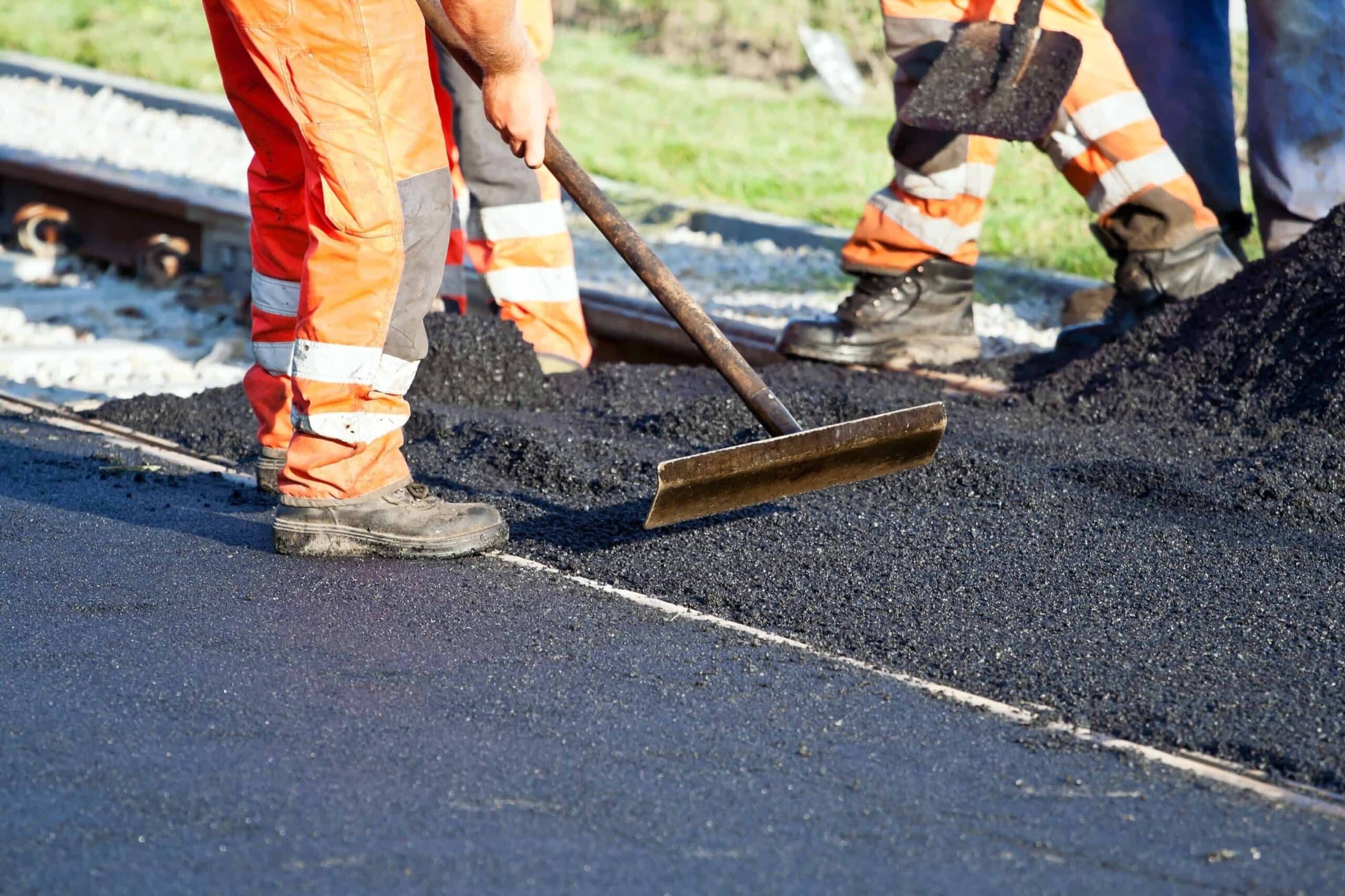
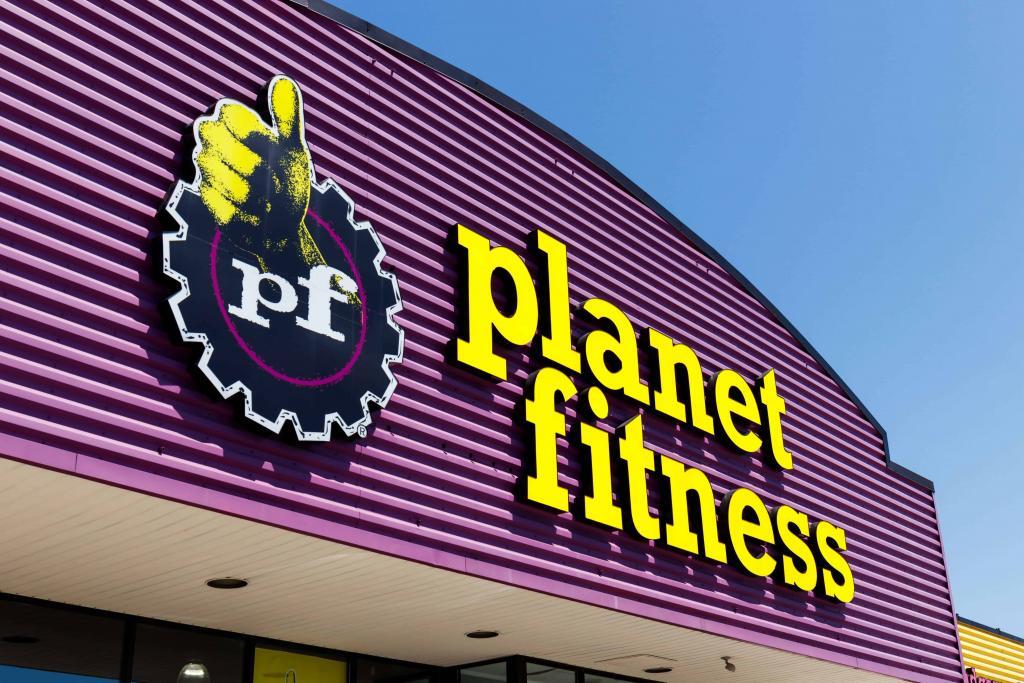
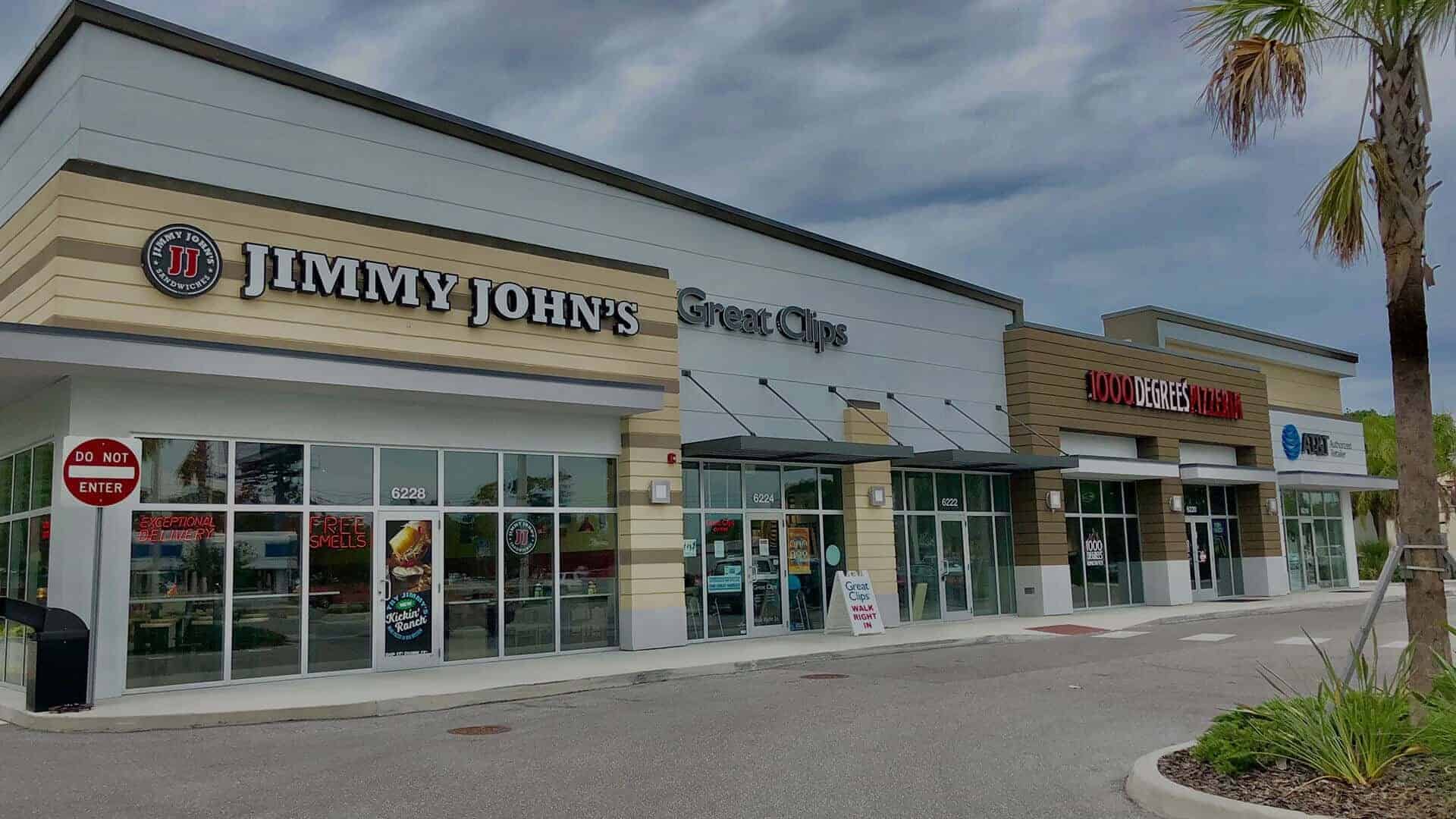

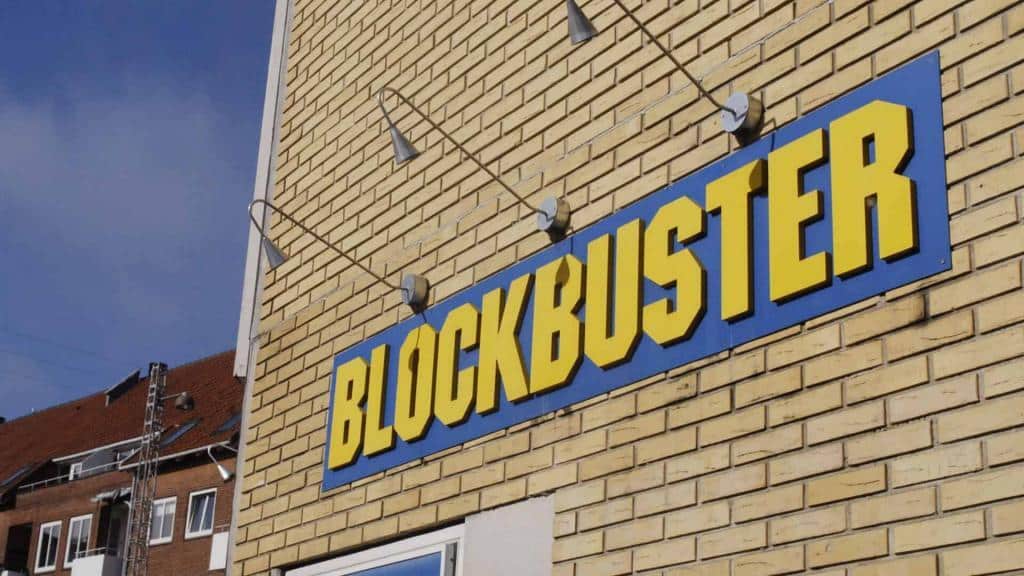
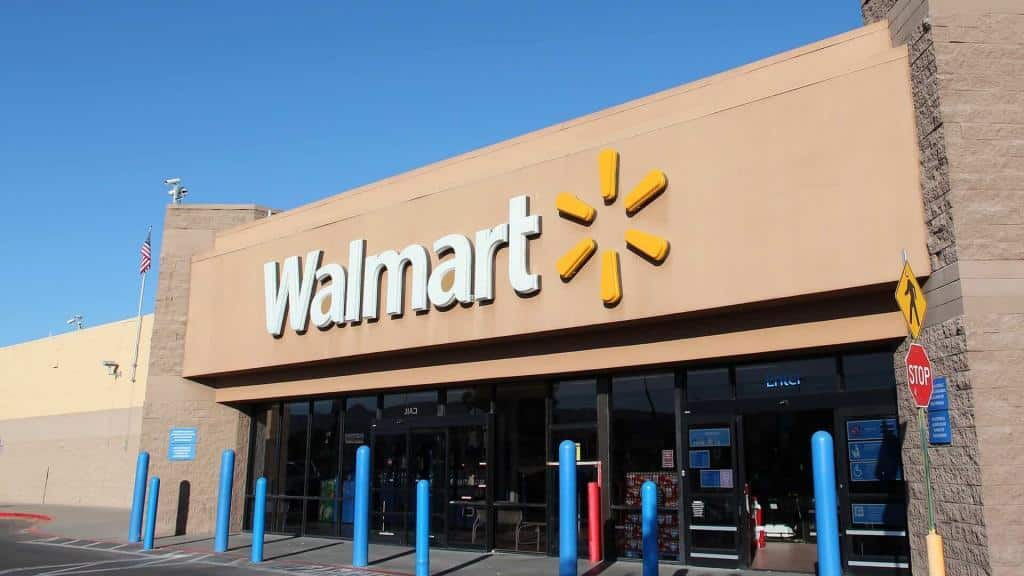
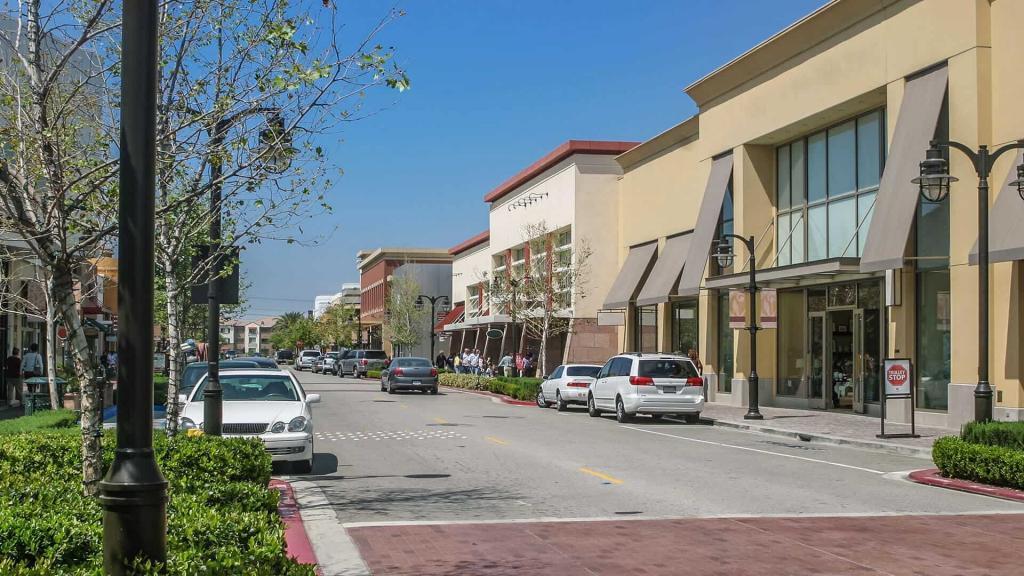
About The Author: Jeff Dervech
More posts by Jeff Dervech